Over the course of a lifetime, many different factors can impact the appearance of an individual’s eyelids. While there are a few simple steps that you can take to protect your skin and preserve the appearance of your eyes, there may come a point when you notice puffy lower eyelids, drooping upper eyelids, or other unwanted blemishes. Blepharoplasty surgery is a popular procedure that allows a surgeon to revitalize the eyes by adjusting the soft tissue in the upper and lower eyelids. This operation could make you look years younger, and the results can last for quite some time as long as you continue to maintain healthy lifestyle habits and protect your skin.
Who Needs This Procedure?
There are many different reasons why an individual would want to undergo eyelid surgery. As you grow older, you might begin to develop pockets of fat in the eyelids, and that can lead to puffy skin just below the eyes. The extra fat could make the wrinkles on the sides of the eyes very prominent and make you look much older than you really are as well. Blepharoplasty is also a good option for those who have sagging or droopy upper eyelids. In addition to being a cosmetic problem, sagging upper eyelids could have a huge impact on your eyesight as well. As the eyelids slowly begin to droop, you might notice that your peripheral vision is slowly getting worse.
What to Expect
This is a highly personalized procedure, and you will need to do quite a bit of research before you schedule your operation. You might also want to take a look at some eyelid surgery before and after images and schedule a preliminary consultation with an experienced surgeon to learn more about the surgery. As a general rule, this is a good option for relatively healthy adults who would like to make some minor changes to their eyelids. You must also be ready to carefully follow all of the pre-op and post-op instructions so that you don’t suffer from any unnecessary complications.
A Look at the Recovery
Every recovery is slightly different, and that means you will be given personalized instructions. That being said, most patients must plan on recovering in bed for at least two to three weeks. Immediately after the procedure is carried out, you are going to have bandages placed over your eyes, and that means a loved one must be ready to take you home. For the first few days, your eyes must be kept as dry as possible to prevent infections.
Within a week of the procedure, you should be able to gently wash your eyes with water and soap. You must also avoid picking at any scabs as that could result in bleeding and scars. Most patients have their sutures removed after the first week, and you should be able to resume almost all everyday activities after 14 days.
You May Like :

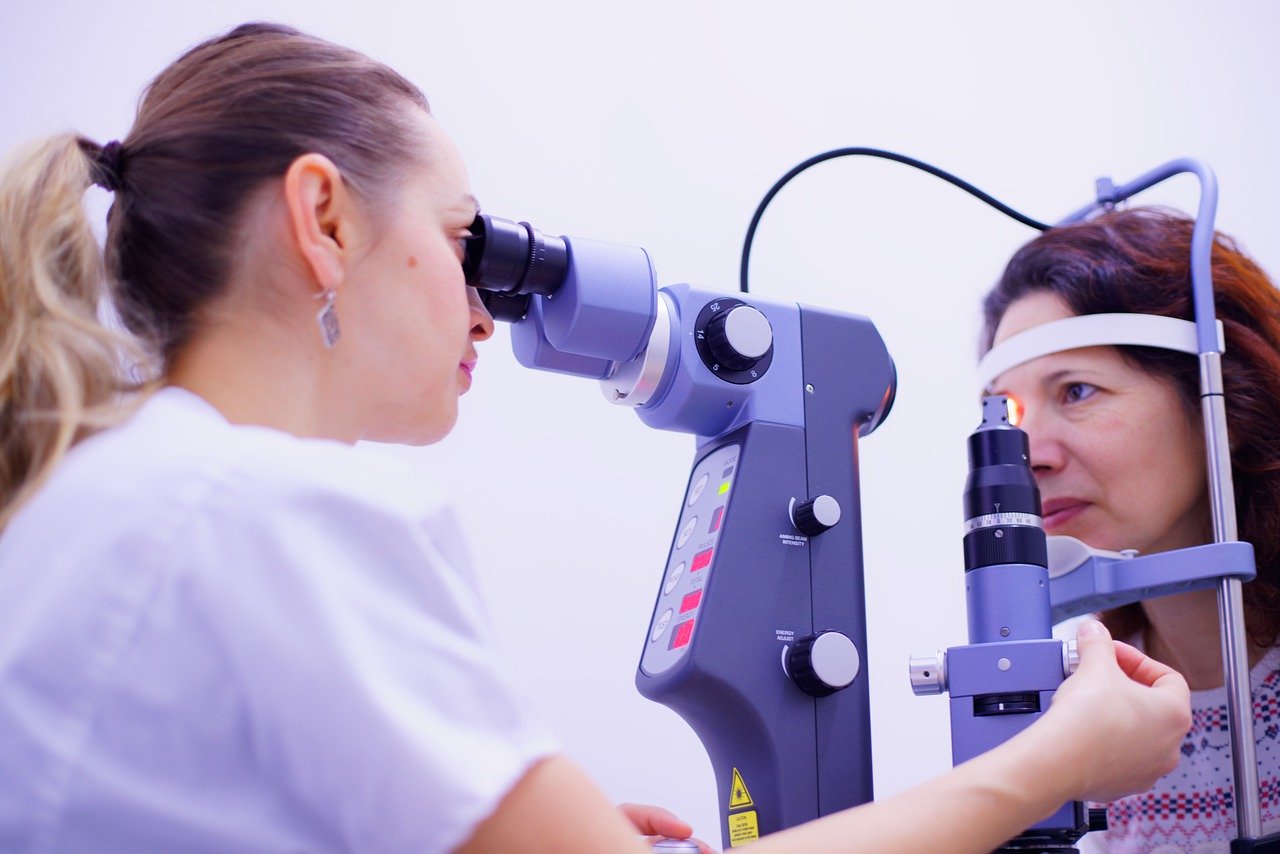
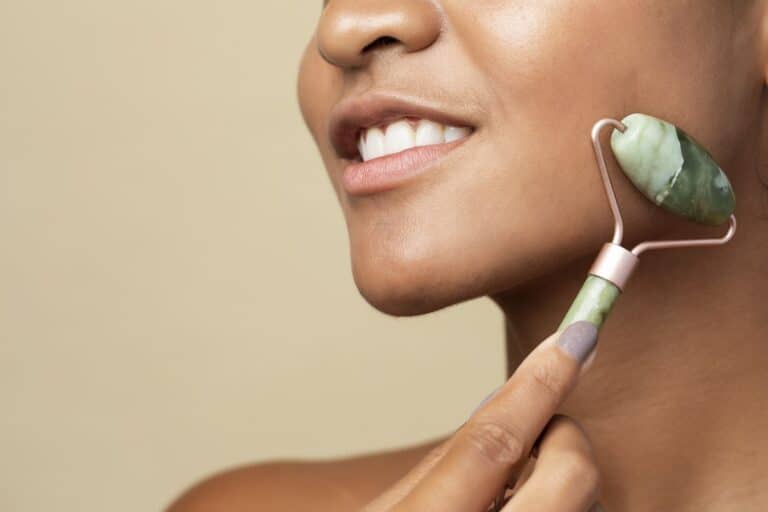
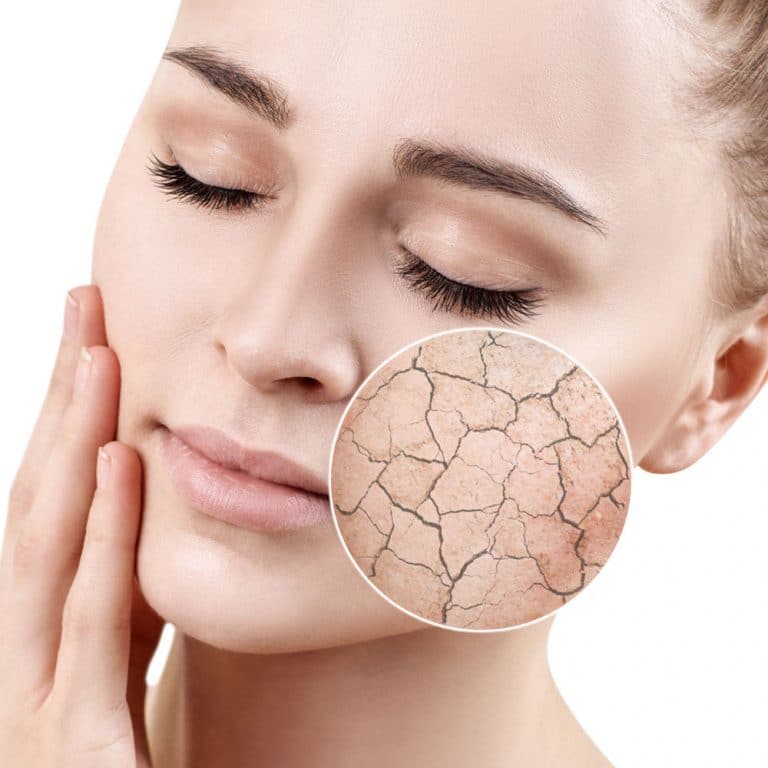
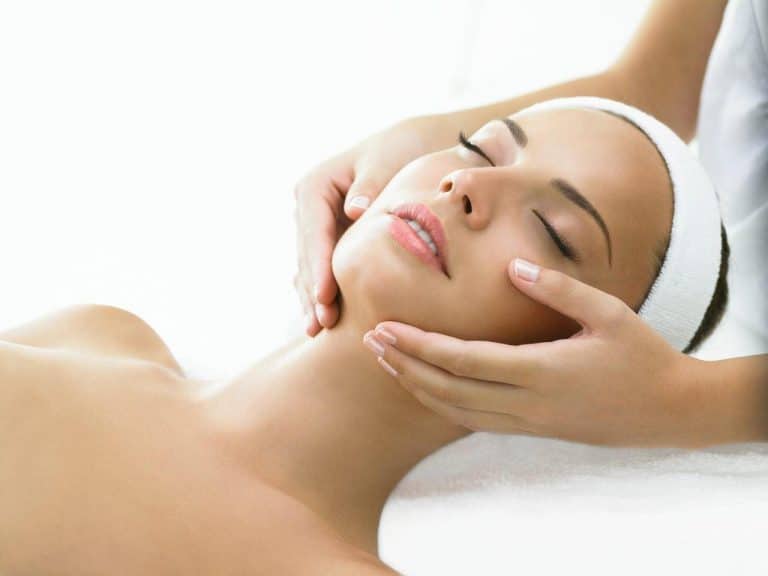
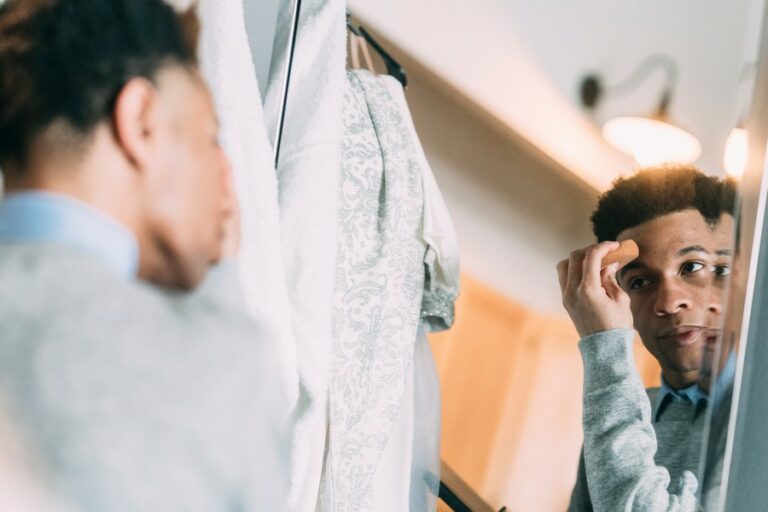




![Home Renovation Guide [2025]](/app/uploads/2021/04/design-hacks-1-378x300.jpg)
